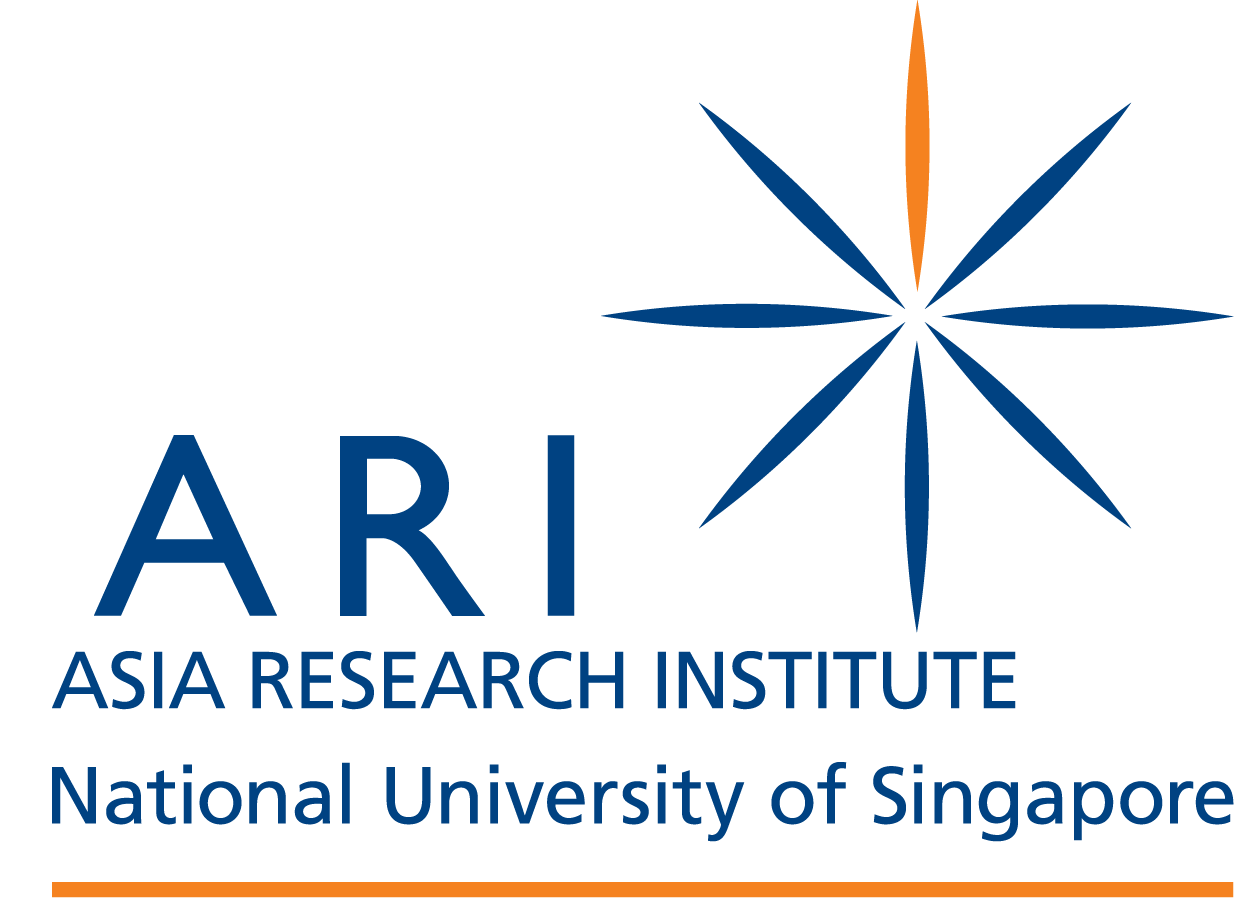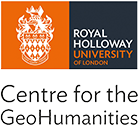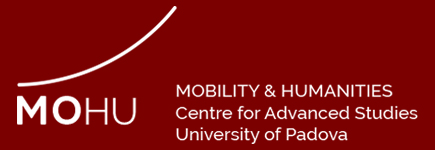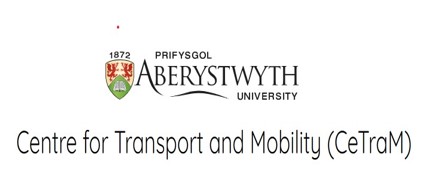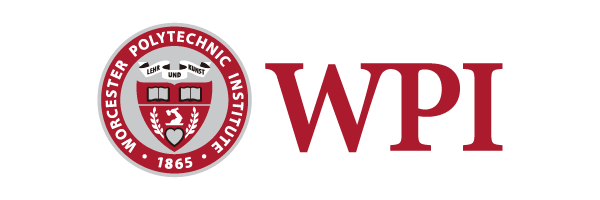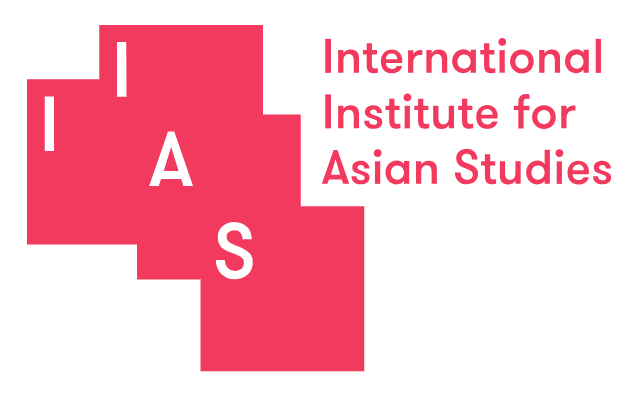The Asia Research Institute at the National University of Singapore was established in 2001 to lead world-class research on Asia. Encompassing the humanities and social sciences, the institute particularly pursues integrative and interdisciplinary research that transcends traditional academic boundaries. To this end, it has provided platforms for scholars from various departments and faculties to collaborate through seminars, academic conferences, and joint research projects. Located in Singapore, a hub of communication in Asia, the institute has established itself as a major academic center where scholars from across Asia and around the world engage and exchange ideas.
Found in 2003 by John Urry and Mimi Sheller, the Centre for Mobilities Research (CeMoRe) at Lancaster University in England is a leading research hub for interdisciplinary mobilities research grounded on the new mobilities paradigm.
https://www.lancaster.ac.uk/cemore/
The Centre for Advanced Studies in Mobility and the Humanities (MOHU) at University of Padova in Italy was established affiliated with the Department of Historical and Geographic Sciences and the Ancient World, aiming at conducting interdisciplinary research of mobility and humanities.
https://www.mobilityandhumanities.it/
The Centre for Transport and Mobility (CeTraM) is based around an interdisciplinary group of academics at Aberystwyth University (AU) who are researching transport and mobility.
https://cetram.aber.ac.uk/
Worcester Polytechnic Institute is a global leader in project-based learning and one of the nation’s first engineering and technology universities. As a research university centered on engineering, science, technology, and mathematics, WPI’s distinctive curriculum offers students opportunities to work closely with faculty and convert classroom concepts to real-world impact.
https://www.wpi.edu/
Founded in 1993, the International Institute for Asia Studies (IIAS) at Leiden University, Netherlands, focuses on the theme “Asia in the World,” promoting interdisciplinary research on Asia and fostering international collaboration. IIAS has established itself as Europe’s leading hub for Asian studies by building global research networks and running interdisciplinary, cross-regional programs that bring together Asian scholars from around the world.
https://www.iias.asia/
Kritika Kultura is an open-access semi-annual peer-reviewed international electronic journal of literary, language, and cultural studies of the Department of English of the Ateneo de Manila University, Philippines. It seeks to promote innovative scholarship that challenges traditional canons and established perspectives and enhance work that bridges disciplinary research around the issues enumerated above, especially in the promising lines of work in Philippine, Asian, Southeast Asian, and Filipino-American studies.
https://ajol.ateneo.edu/kk
UNITAS is an international online peer-reviewed open-access journal of advanced research in literature, culture and society published bi-annually (May and November). UNITAS is published by the University of Santo Tomas, Manila, Philippines, the oldest modern university in Asia. It is hosted by the Department of Literature, and seeks multidisciplinary research across the Philippines and Asia.
http://unitasust.net/
The University of São Paulo, founded in 1934, is Brazil’s best state university and one of the most prestigious higher education and research centers in Latin America. The School of Arts, Sciences, and Humanities at the University of São Paulo is a multi-disciplinary department offering various majors, including biotechnology, environmental, public policy, and tourism studies, and has been a pioneer in developing new approaches to interdisciplinary research.
https://www5.each.usp.br/
Established in 1948, the Institute of Humanities, Human and Social Science at Ritsumeikan University was founded to promote interdisciplinary research and enhance the university’s research capabilities. The Institute has conducted research on themes including “Rethinking Japanese Society” and “Exploring Publicness in Humanities and Social Science.” Recently, it has focused on mobility studies, particularly in the context of tourism. Over the past several years, the Institute has emerged as a leader in Japanese mobility research by hosting various academic events and inviting prominent scholars in the field of mobility studies.
The Cebuano Studies Center is a center of research on all aspects of Cebuano culture. It functions as (1) a special library to house source materials pertaining to Cebu, as well as the predominantly Cebuano-speaking areas in the country; (2) a research center devoted to studies pertaining to Cebu in the area of the humanities and social sciences; and (3) a special office assisting in the promotion of Cebuano culture and the arts.
http://www.cebuanostudiescenter.com/


